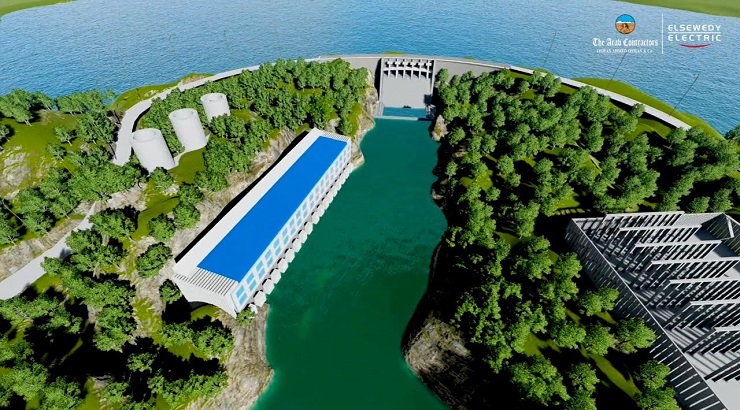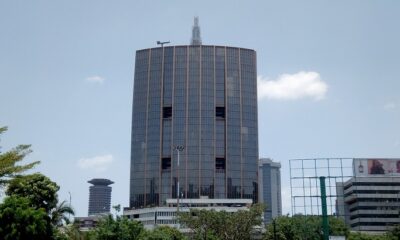Infrastructure
Stiegler’s Gorge Hydropower Project 63% Complete
Project expected to be fully completed by April 2022.

Construction of the Stiegler’s Gorge Hydropower Project across the Rufiji River in eastern Tanzania is 62.7% complete with engineers now fixing crucial machinery to get the project ready for operations.
The Stiegler’s Gorge Project, also known as Julius Nyerere Hydro-Power Project, is being undertaken on a 24-hour basis to meet the April 2022 deadline that will be preceded by filling of the dam in November.
More than 32.3 billion litres of water will collect behind the dam and in June 2022 full operations are expected to get underway with the first supply of electricity to the country.
Stiegler’s Gorge Power Project Contractor
Construction of the $3 billion Stiegler’s Gorge dam is being undertaken by a consortium of El Sewedy Electric Co. and Arab Contractors, both Egyptian companies.
RELATED: 10 Biggest Projects in Africa
Recently, engineers from the consortium installed the draft tubes at the basement of the ninth turbine that will empty water from the power generation machines.
The concrete slab of the base of the dam is 42.7 metres above sea level and will support 27 yet-to-be-installed turbines.
Installation of the Draft Tubes
At the moment, work is underway to strengthen the concrete walls for water tunnels and the final installation of the draft tubes prior to the fixing of turbines and testing of generating machines.
The Stiegler’s dam’s turbines individually have a capacity to generate 235MW and in total, the facility will generate 2,115 MW that will be injected into the grid, and a surplus to be sold to adjacent countries.
The Stiegler’s Gorge project, which has been underway since 2019, has had its fair share of controversy. When it was commissioned, conversationists termed it an ecological disaster, and a threat to wildlife.
Located in the world famous Selous Game Reserve, the project has been widely condemned for its large-scale destruction of the Unesco World Heritage Site.
It has been reported that about 2.6 million trees were felled to pave the way for the project.












